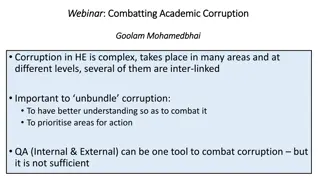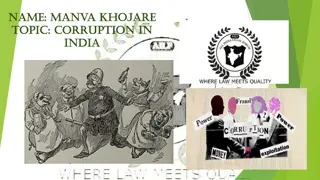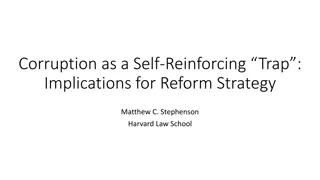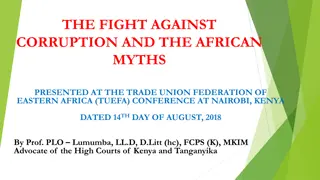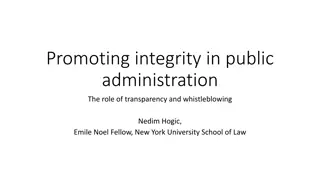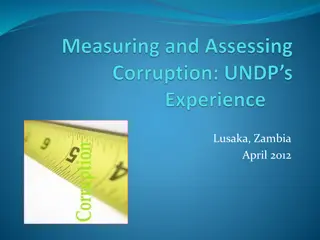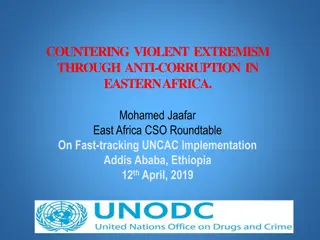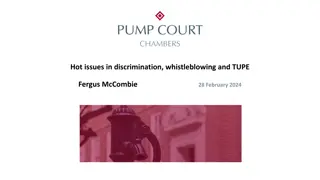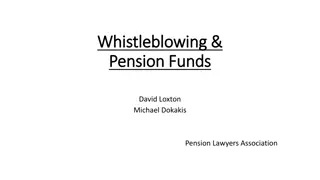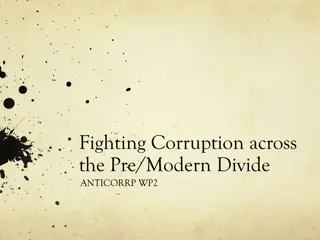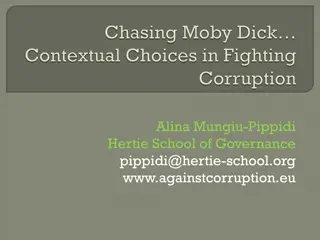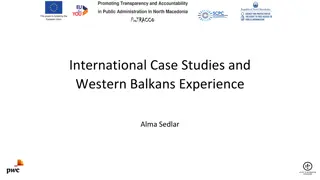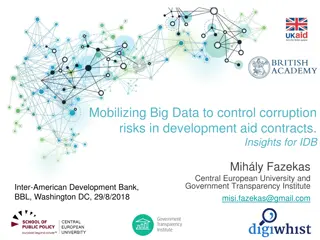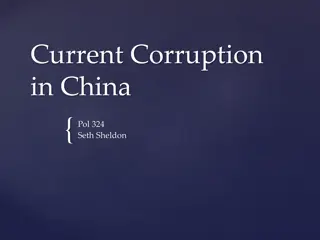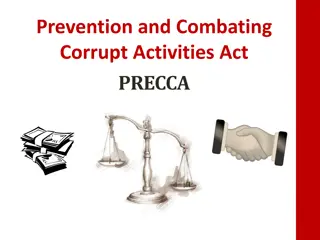Strengthening the Fight Against Corruption: Whistleblowing and Legal Considerations
Exploring the complexities of whistleblowing in the fight against corruption, including legal protections, disclosures under the Public Interest Disclosure Act 1998, and the role of Commissioners for Revenue and Customs. The discussion also delves into the concept of exposing a crime as a potential crime itself, highlighting parliamentary privilege and the importance of accountability in government projects.
Download Presentation

Please find below an Image/Link to download the presentation.
The content on the website is provided AS IS for your information and personal use only. It may not be sold, licensed, or shared on other websites without obtaining consent from the author.If you encounter any issues during the download, it is possible that the publisher has removed the file from their server.
You are allowed to download the files provided on this website for personal or commercial use, subject to the condition that they are used lawfully. All files are the property of their respective owners.
The content on the website is provided AS IS for your information and personal use only. It may not be sold, licensed, or shared on other websites without obtaining consent from the author.
E N D
Presentation Transcript
Strengthening the Fight Against Corruption: Whistleblowing Whistleblower s Experience Dr Osita Mba
Should Exposing Corruption Ever Be A Crime?
Public Interest Disclosure Act 1998 A qualifying disclosure means any disclosure of information which tends to show (a) that a crime may have been committed or (b) that any law may have been broken. A disclosure is not a qualifying disclosure if the person making it commits an offence by making it.
Commissioners for Revenue and Customs Act 2005 It is an offence to disclose taxpayer information without authorisation. Only Commissioners of HMRC can authorise disclosure. They delegated that power to Dave Hartnett. Hartnett also had the power (a) to settle large tax cases and (b) to authorise criminal investigation.
Parliamentary Privilege Legal immunities for Members of Parliament to perform their duties without outside interference. Public Accounts Committee Examines the value for money of Government projects, including taxation.
Should Exposing A Crime Ever Be A Crime?
osita.mba@essex.ac.uk Thank you essex.ac.uk essex.ac.uk
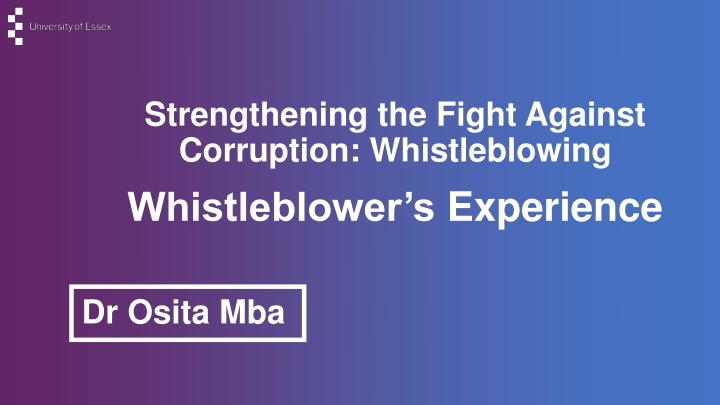

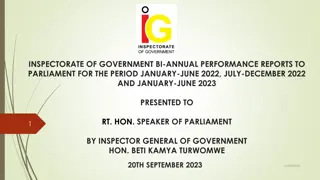
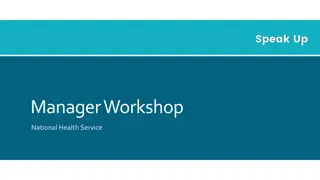
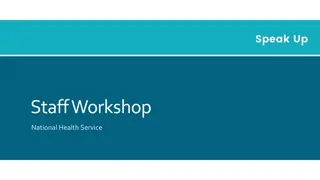
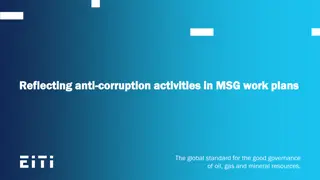
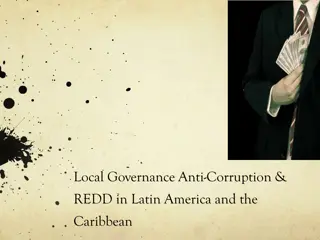
![Comprehensive Overview of Corruption Watch Submission on Public Procurement Bill [B18B-2023]](/thumb/138344/comprehensive-overview-of-corruption-watch-submission-on-public-procurement-bill-b18b-2023.jpg)
